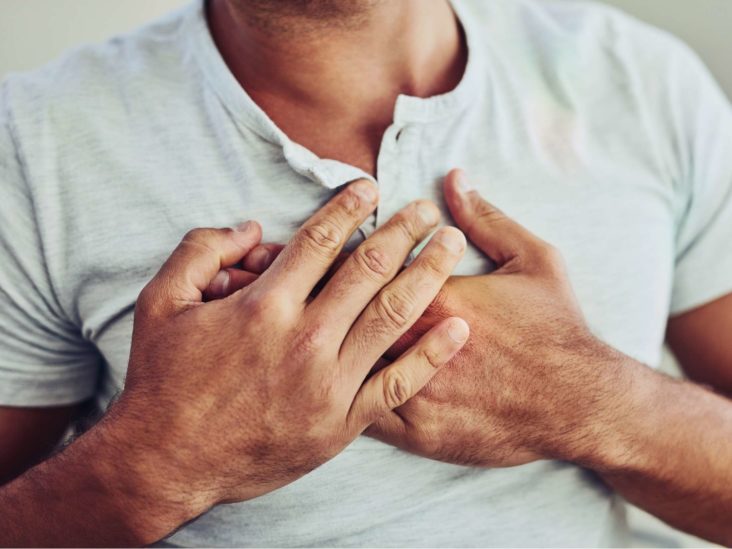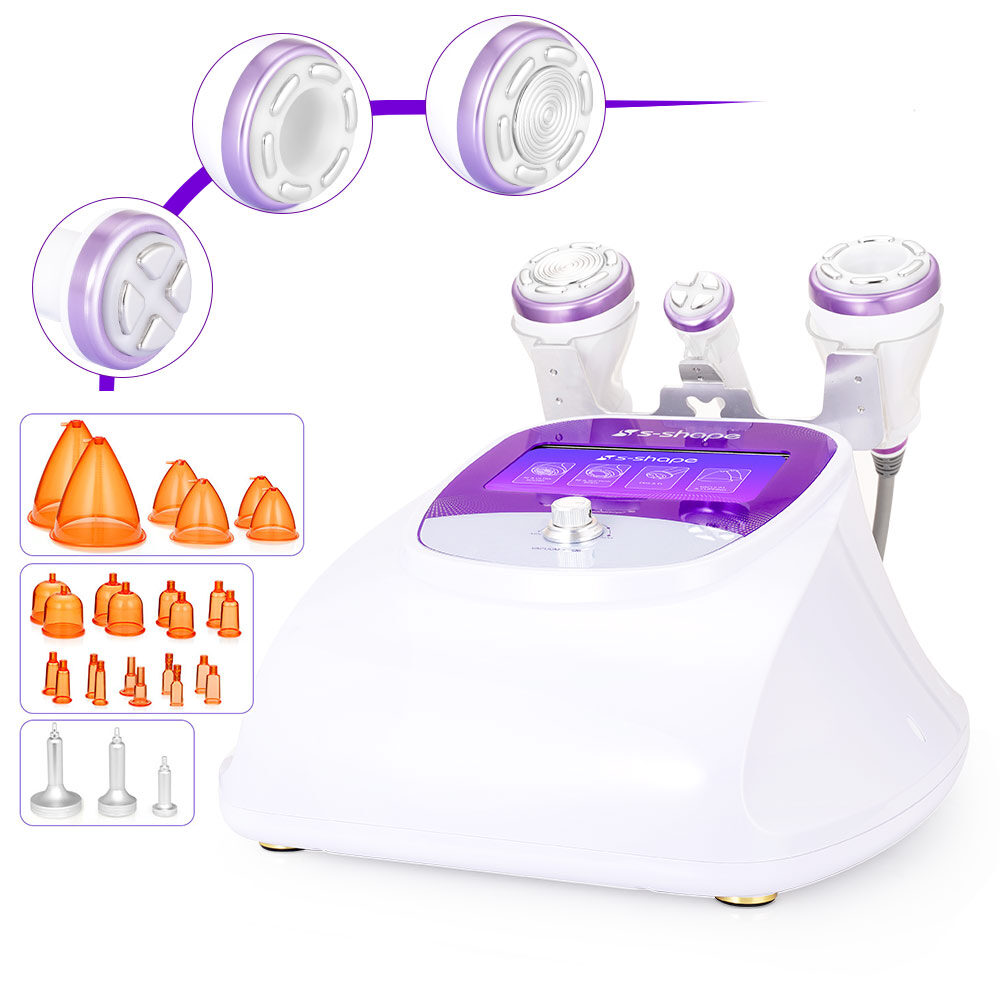How can I prevent heart disease?
What symptoms should you pay attention to?
When should I make an appointment to see a heart doctor?
How do I recognize a pre-infarction condition?
In what cases is it necessary to call an ambulance?
What problems are encountered in the treatment of cardiovascular diseases?
The main problem is postponing visiting a cardiologist. As a result, the disease is detected too late or in the acute phase, for example, when a person has a myocardial infarction.
What disease is prevalent in the practice of Greek cardiologists?
Chronic coronary heart disease is one of the most dangerous cardiovascular diseases, with high mortality rates worldwide. The disease is caused by a permanent lack of blood supply to one or another part of the heart. This is caused by deposits of atherosclerotic plaques on the walls of the coronary arteries. Since the lumen of the vessels is narrowed, blood flow to the heart is reduced. As a result, the heart begins to work harder to provide a proper supply of oxygen, and the load on the heart muscle increases, which can lead to enlargement of the heart muscle. This condition is prone to the development of arrhythmias, coronary artery occlusions, and acute myocardial infarction.
The disease is caused by a variety of factors, including those under a person’s control: smoking, alcohol consumption, excessive weight, excessive salt intake, and low physical activity. The disease can be prevented if you follow the principles of primary prevention – that is, consciously control all of these factors.
What are the main principles of the prevention of cardiovascular diseases?
If we talk about primary prevention (when we try to prevent the disease), these principles are known to everyone:
- Do not smoke or breathe tobacco smoke.
- Do physical exercises five times a week, for at least 30 minutes daily.
- Have healthy nutrition (include into your diet at least 500 g of fruit and vegetables a day and 2-3 portions of fish a week – one portion is 140 g).
Limit your salt intake to 5 g per day. Usually, a person consumes about 8 g of salt per day.
- Limit alcohol.
- Reduce weight if there is excess weight.
Regular checkups are also essential to detect problems with the cardiovascular system in time. In its early stages, many heart diseases are virtually asymptomatic. Examinations can be done either during regular checkups or by appointment with a cardiologist.
When hereditary factors present: Cardiovascular diseases in relatives up to 65 years old in women and up to 55 years old in men – medical examinations can be performed more often. People with a family history of cardiovascular diseases should also be cautious with their health.
How often should I visit a cardiologist? And from what age?
You should see a cardiologist when you have cardiovascular complaints. If you are disturbed by palpitations, shortness of breath, pressure fluctuations, fainting, heart pains, “freezing,” “tremors,” ” palpitations” of the heart – all these are reasons to make an appointment to see a cardiologist. Also, if you have no complaints but have relatives with heart disease, obesity, or you smoke.
What are the symptoms that indicate heart problems?
There are a lot of them. I will highlight the main Heart problems that patients should address with their cardiologists:
- Heart pain.
- Shortness of breath at rest or under exertion.
- Feeling of interruptions in the heart.
- Fainting for no apparent reason.
- Increased pressure, namely over 140/90 mm Hg.
- A constant increase in pulse without load over 100 beats per minute.
- Swelling of lower limbs.
- In these cases, you should definitely consult a cardiologist.
What symptoms may require emergency, urgent care? When should I call an ambulance?
If there are pressing, burning, crushing sensations in the chest, which may be accompanied by cold sweat, dizziness, weakness, not relieved by nitroglycerin, lasting more than 20 minutes, this condition indicates unstable angina, the so-called pre-infarction state or myocardial infarction beginning. In this case, it is necessary to call an ambulance immediately.
According to statistics, a heart attack is one of the world’s most common causes of death. In time, it is crucial to recognize the pre-infarction condition: pain behind the sternum sometimes spreads to the left arm, shoulder, lower jaw, presses, squeezes, and is associated with physical or emotional stress. If these symptoms occur, it is necessary to seek immediate medical attention.
Each of us can protect his heart! Compliance with the principles of primary prevention of cardiovascular disease and systematic preventive examinations will significantly reduce the risk of their development.
Stay healthy!
Dr. Ilham Kaffa
Καρδιολόγος στο κέντρο της Αθήνας
Dionysiou Areopagitou 3, Athina 117 42


 Home
Home









